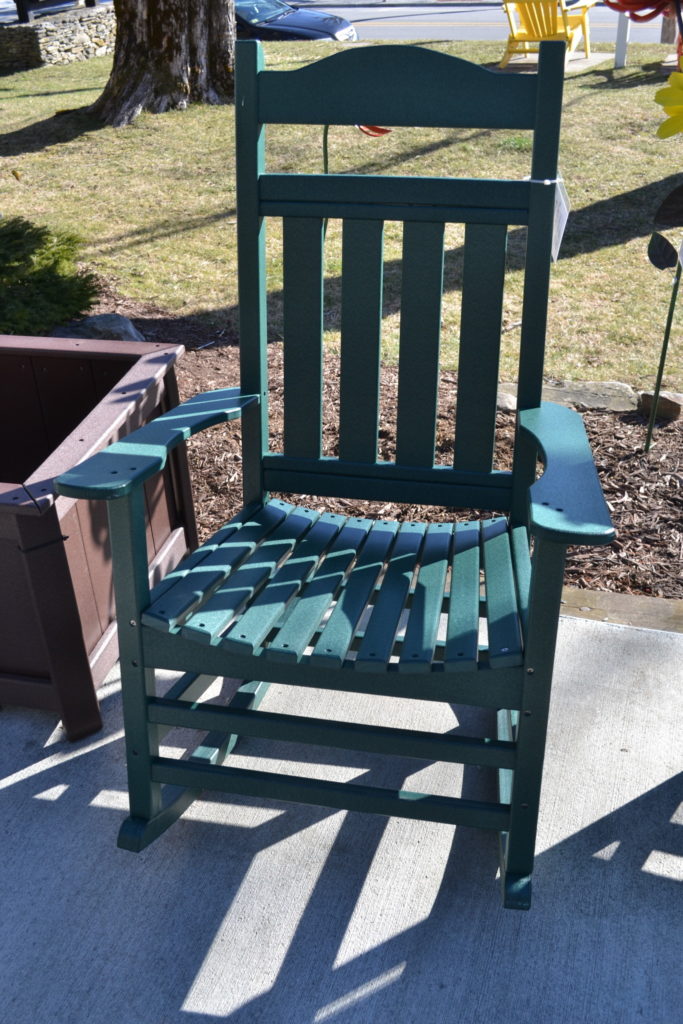My name is Tom Buechele and I am a retired Episcopal priest as of 2010 after 42 years in ministry. I have served in the Church as an Associate Priest, Vicar, Church Planter, Director of Continued Education for Clergy and Director of Permanent Deacon Programs. I also have served as a Vicar for Spanish-Speaking congregations, and have been an Interim and Supply. In this essay series I would like to call attention to the topic of Ageism in ministry. I believe this is an issue for the Church to address in order to truly be missional and inclusive. In the last few years, as I moved into my late 70’s I have experienced of instances of ageism surrounding ordained ministerial opportunities.
Ageism as defined by Ashton Applewhite, author of “This Chair Rocks”, is “stereotyping and discrimination based on a person’s age. We experience it any time someone assumes that we’re “too old” for something—a task, a haircut, a relationship—instead of finding out who we are and what we’re capable of. Or “too young;” ageism cuts both ways, although in a youth-obsessed society, olders bear the brunt of it.”
I would like to share two instances when I experienced this first-hand. The first was after retirement, when my wife and I moved into a new (for us) Diocese. I offered my talents and experiences as a Church planter for Latino immigrants. I had the qualifications, the support of the area clergy and the commitment of some financing from the local congregations. However there was some hesitancy from the Bishops’ office. I soon learned that there was a presumption that I was just looking to find something to do and make a job for myself. After that, we agreed to disagree.
The second instance happened as I explored the possibility of full-time ministry once again in another context. While engaging different leadership, there was more hesitancy and the answer was, ‘Tom, why in God’s name do you want to do that? You are retired; stay that way. Make it easy for yourself and your wife.’
I have never thought of ordained ministry as a “job” or as uneasy hard work. Yes, there are multiple challenges. I also believe that a priest should get paid for what they do, but as a retired clergy I am blessed with finances not being an issue. I am fortunate to be without diminished cognitive or memory issues. Being my age I believe I have gained through experience, reflection, wisdom, prudence, and good judgment. Ashton Applewhite says, “like racism and sexism, ageism serves a social and economic purpose: to legitimize and sustain inequalities between groups. It’s not about how we look. It IS about how people in power assign meaning to how we look.
She continues, “Stereotyping—the assumption that all members of a group are the same—underlies ageism (as it does all “isms).” Stereotyping is always a mistake, but when it comes to age, the older we get, the more different from one another we become. Unless we challenge ageist stereotypes—Old people are incompetent. Wrinkles are ugly. It is sad to be old—we feel shame and embarrassment instead of taking pride in the accomplishment of aging. That is internalized ageism.
By blinding us to the benefits of aging and heightening our fears, ageism makes growing older far harder than it must be. It damages our sense of self, segregates us, diminishes our prospects, and actually shortens lives.” With these experiences and no doubt others shared by other retirees, I wonder if our Church should add ageism to the rigors of challenging the isms of our time.
I deeply respect any clergy person who offers themselves for a position of authority in the Church. However, I believe the last time the Episcopal Church did research on the State of the Clergy was 2012. A lot has happened since then.
By the way, for those who want to know, President Joe Biden and I are the same age. And he’s still working.

